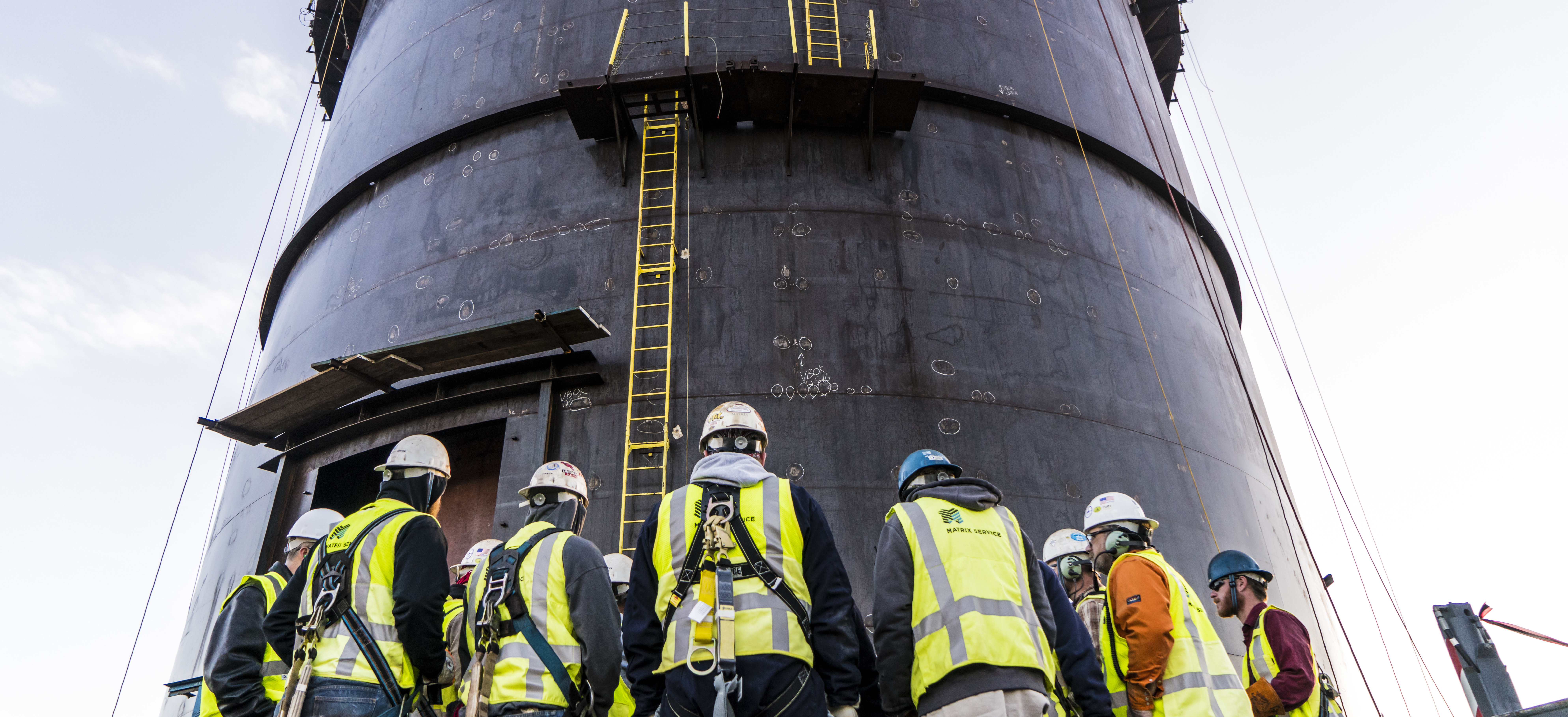How the Labor Shortage Could Impact Your Critical Infrastructure Project
Skilled or craft labor is an essential component of your critical infrastructure project. Hard-working men and women use their technical talents to turn engineering designs into a functioning asset. Skilled workers, such as welders, pipe fitters, machinists and electricians, are in high demand.
According to the Associated General Contractors of America, construction employment continues to grow, while the number of qualified workers continues to fall. This labor shortage has the potential to affect critical infrastructure projects.
First, labor shortages can slow or delay a project. Construction may be delayed while waiting for trained, experienced technicians and craft workers to become available. Lack of these critical personnel may result in delays in project progress, or diminished quality if less qualified labor is used in an attempt to maintain project schedule. Safety regulations often dictate overtime options, further prolonging progress.
Second, as the demand for labor increases, the cost of bids and contracts will also increase. With progressively tight margins, many owner/operators are price sensitive. Projects may be delayed or canceled in times of economic downturn.
Predicting the demand for skilled labor can be difficult due to the cyclical nature of many industries and demand fluctuations due to project load. However, labor management is an important function for any Engineering, Procurement and Construction (EPC) firm. When you choose to partner with an EPC firm or contractor for your project, you want to be confident they have the resources to complete the job without unnecessary delays.
At Matrix, we have strategically planned our operations to meet our customers’ labor needs. We have locations across North America to efficiently support your next project and the ability to mobilize our resources to work on your job site.
